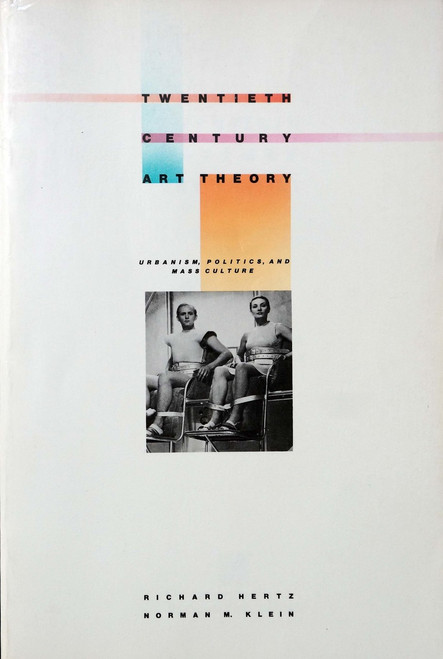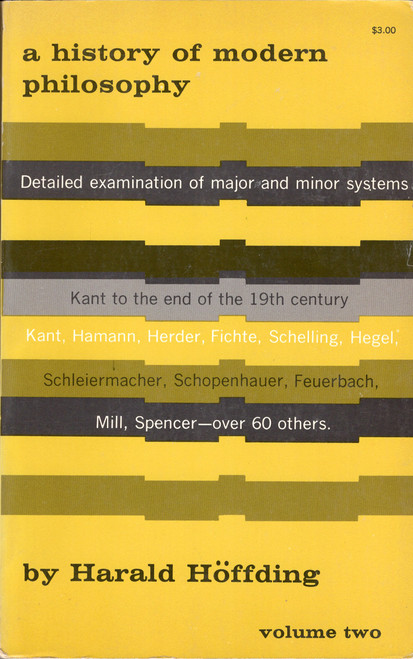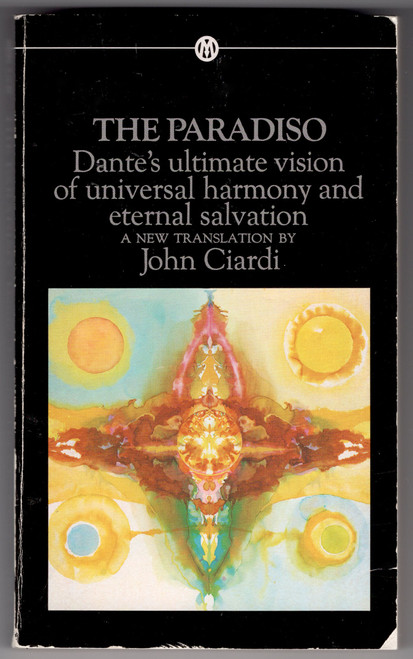This is the third volume of a four volume set entitled Philosophy in the Twentieth Century edited by William Barrett of New York University and Henry D. Aiken of Harvard University. The set is organized into six parts, demonstrating a concise overview of the essential tenets of pragmatism, analytical philosophy, positivism, phenomenology and existentialism, philosophy of history, and neo-orthodoxy. This third volume consists of part three and part four. The former is titled "Positivism" which includes essays by Moritz Schlick, A.J. Ayer, and W.V. Quine. The latter, "Phenomenology and Existentialism" which includes essays by Edmund Husserl, Martin Heidegger, Henri Bergson, Gabriel Marcel, Jean-Paul Sartre, and Albert Camus.
About the Editors
Henry Aiken (1912 - 1982) was born in Portland, Oregon, and after attending Reed College, received his M.A. degree from Stanford and his Ph.D. from Harvard. He taught as a Professor of Philosophy at Harvard, and edited a number of books including Hume's Moral and Political Philosophy, Dialogues Concerning Natural Religion, and The Age of Ideology.
William Christopher Barrett (1913 – 1992) was born in New York City, attended C.C.N.Y., and received both his M.A. and Ph.D. from Columbia. He was an editor of Partisan Review and later the literary critic of The Atlantic Monthly magazine. He was well-known for writing philosophical works for nonexperts. Perhaps the best known among these were Irrational Man: A Study in Existential Philosophy and The Illusion of Technique, which remain in print.








